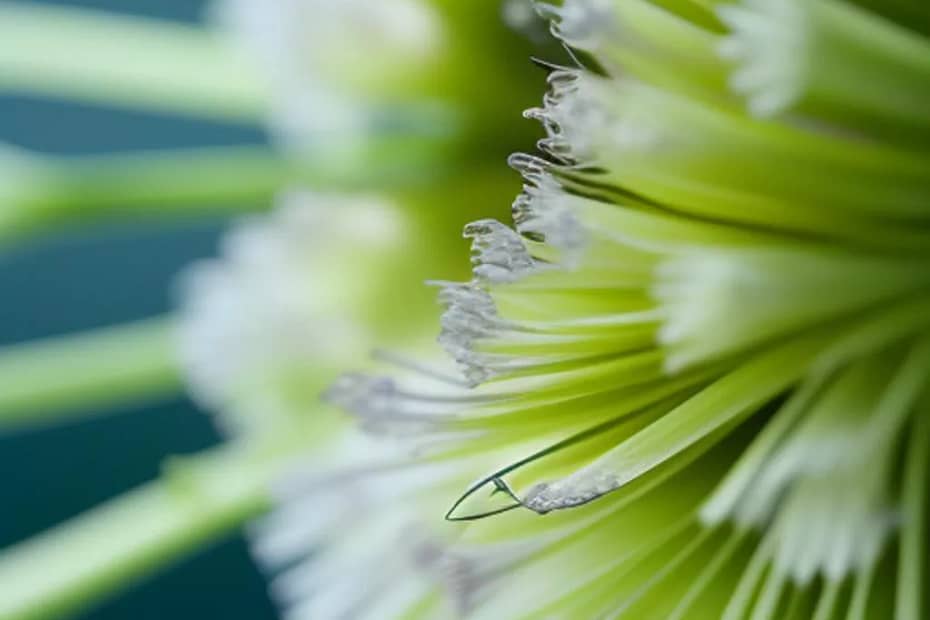A Shakespearean Intrigue
In the illustrious realm of William Shakespeare’s poetic imagination, fennel took center stage as a symbol of flattery and deceit in the renowned play “King Lear.”
The tale unfolded in the kingdom of Britain, where the aging King Lear sought to divide his vast realm among his three daughters based on their declarations of love for him. Goneril and Regan, the elder daughters, showered their father with extravagant words of adoration, while the youngest, Cordelia, remained honest and true, expressing her love simply and sincerely.
Upon hearing Cordelia’s modest reply, Lear, blinded by his ego, cast her out of his favor, bestowing her sisters with grand portions of his kingdom instead. Little did Lear know that he had fallen prey to the sweet seduction of fennel’s flattery, wrapped in poetic deceit.
As the plot thickened, Goneril and Regan reveled in their newfound power, cunningly plotting against their father and one another, driven by ambition and greed. In their web of deception, they manipulated Lear, spinning their words like fennel’s aromatic fronds, weaving a delicate tapestry of lies.
In Act 4, Scene 2 of the play, Goneril famously used fennel as a metaphor in a prophecy, predicting a world where flattery and deception reign supreme. She wove a captivating verse, painting a portrait of a world where sincerity and truth were scarce, and self-serving motives prevailed:
“When priests are more in word than matter,
Shakespeare
When brewers mar their malt with water,
When nobles are their tailors’ tutors,
No heretics burned but wenches’ suitors;
When every case in law is right,
No squire in debt nor no poor knight;
When slanders do not live in tongues;
Nor cutpurses come not to throngs;
When usurers tell their gold i’ the field;
And bawds and whores do churches build,
Then shall the realm of Albion come to great confusion:
Then comes the time, who lives to see’t, that going shall be used with feet.”
Goneril’s use of fennel in her prophecy served as a striking reminder of the herb’s dual nature – both alluring and deceptive, much like the actions of the characters in the play.
Throughout “King Lear,” fennel’s symbolism as a flattery-laden herb wove its way into the hearts of audiences, resonating with its timeless depiction of human frailty and ambition. Shakespeare masterfully used fennel as a poetic device to explore the complexities of human relationships and the dangers of succumbing to false praises and deceitful appearances.
As the curtains fell on the tragic tale of “King Lear,” the echoes of fennel’s sweet seduction remained in the minds of those who witnessed the play. Fennel had become more than just an herb; it had transformed into a potent symbol of the human condition, forever etched in the annals of literary history.
And so, the allure of Fennel’s Sweet Seduction continued to captivate audiences for generations to come, reminding them to beware of the intoxicating flattery that lingers in the air like the sweet aroma of fennel, ever enticing and beguiling.
Mind the prophecy Albion…
Source OpenAI’s chatGPT Language Models, Dalle, AI trot and Fleeky
images Picsart and MIB
Embark on your journey in affiliate marketing and website creation alongside an incredible community and myself. Invest in your future by dedicating time to learn and earn. Take all the time you need to master the basics before aiming higher. Give it a try—you won't regret it! Discover the possibilities for yourself...


